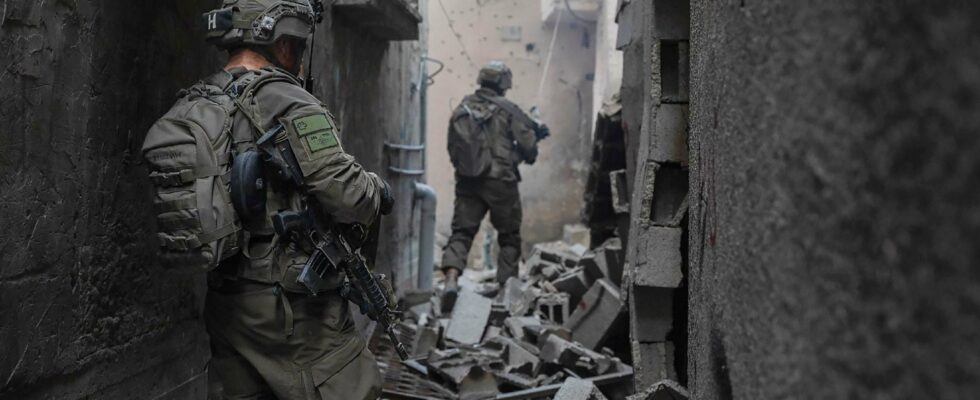The Israeli army is advancing a little further into the devastated Gaza enclave. On Wednesday May 29, the IDF announced that it had taken control of a strip of land on the Egyptian border, also called the “Philadelphia Corridor”. It is a 14-kilometer-long buffer zone inside Gaza.
The Lebanese newspaper The Orient By Day recalls that, historically, the “Philadelphia Corridor” was established as a buffer zone during the Camp David Accords in 1979, during which Egypt and Israel signed peace, ending three decades of conflict since the creation of the Jewish state in 1948. The agreement provided, among other things, that the corridor be under Israeli control to prevent any new attacks.
However, when Israel disengaged from Gaza in 2005, control of the corridor was transferred to the Egyptian side. Since October 7, the Philadelphia corridor has once again become a strategic issue for Israel in its war against Hamas.
Tunnels used by Hamas
On Wednesday May 29, the army of the Jewish state claimed to have discovered “around twenty tunnels” in the border sector, which it suspects of being used for smuggling for armed groups. “The Philadelphia corridor served as an oxygen pipe for Hamas, through which it regularly transported weapons to the Gaza Strip,” said Israeli army spokesman Rear Admiral Daniel Hagari. Already, in December, Israeli Prime Minister Benjamin Netanyahu had expressed the desires of the Israeli army regarding this strategic zone: “the Philadelphia corridor must be in our hands and under our control, and any arrangement other than that will not be accepted by Israel,” he declared at a press conference.
In the wake of Israeli announcements this Wednesday, Egypt denied the presence of tunnels under the Philadelphia corridor. “Israel is using these allegations to justify the continuation of the operation on the Palestinian town of Rafah (in the far south of the Gaza Strip, on the Egyptian border, Editor’s note) and to prolong the war for political purposes,” defends one high-ranking Egyptian source in a media close to Egyptian intelligence.
Despite international outrage over Sunday’s deadly bombing of a displaced persons camp in Rafah, the Israeli army continues its offensive in the overpopulated town in the south of the Gaza Strip, launched on May 7, according to her, eliminate the last battalions of Hamas.
Israeli national security adviser Tzachi Hanegbi said on Wednesday that the war could continue for “another seven months” in order to achieve the objective of destroying Hamas, in power in Gaza since 2007 and author on October 7 of an unprecedented attack on Israel.
